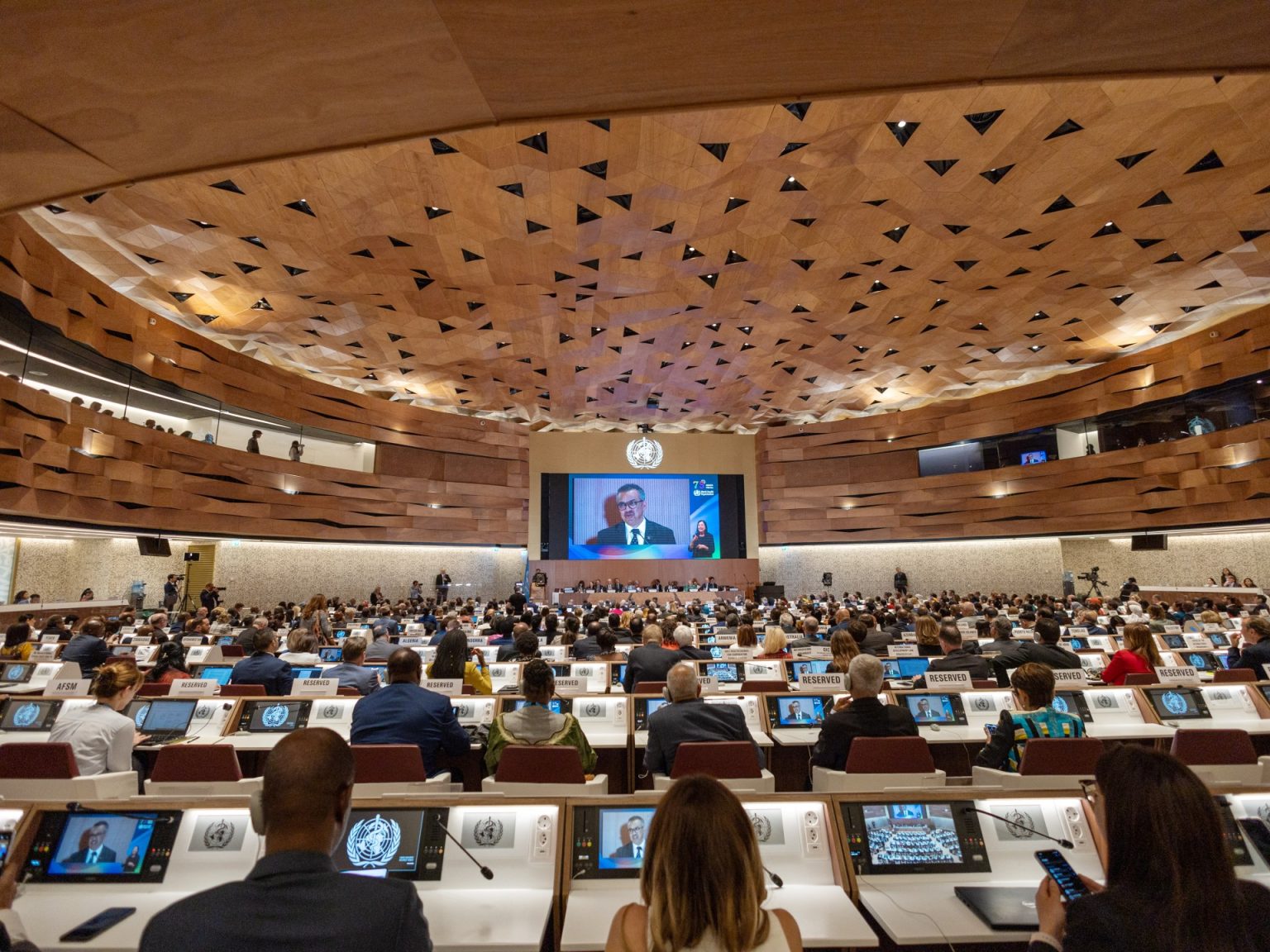Global talks aimed at developing a joint pandemic treaty, led by the World Health Organization, broke down due to disagreements over national interests among participating countries. The proposed treaty was intended to prepare for future public health emergencies based on lessons learned from the COVID-19 pandemic. Despite two years of negotiations, the final proposal for the world’s first pandemic convention was not presented at the Geneva World Health Assembly as planned.
The treaty aimed to address issues such as sharing data and resources, vaccine access disparities between rich and poor countries, and the establishment of a common fund for low and middle-income countries. The proposed text included provisions for the WHO to receive 20 percent of pandemic-related products and the disclosure of deals with private companies. However, key points of contention among countries included sharing information on pathogens and combat technologies, as well as concerns about national sovereignty and free speech.
Experts emphasize the importance of a plan to respond to future pandemics quickly, as the factors contributing to the global impact of COVID-19, such as limited data exchange and vaccine production capacities, remain. Despite the breakdown in talks, WHO chief Tedros Adhanom Ghebreyesus urged countries to continue working towards an agreement, acknowledging that global treaties often require time to finalize. Roland Driece, co-chair of the WHO’s negotiating board, stressed the critical need for an international agreement to address pandemics.
The focus now shifts to the ministers meeting at the World Health Assembly, where discussions will continue on the failed negotiations and the path forward for the treaty. WHO officials are hopeful that ministers will re-energize efforts to move the treaty forward, although challenges remain regarding contentious issues such as data sharing. While there is widespread agreement on the necessity of a plan for the next global outbreak, the outcome of the assembly remains uncertain.
Analysts warn of missed opportunities if progress is not made at the assembly, emphasizing the need for a clear road map to complete the negotiation process. Despite the challenges and opposition faced during the talks, there is optimism that countries will ultimately come together to address the critical need for a pandemic treaty. The outcome of the World Health Assembly will be closely watched to see if ministers can navigate the complex issues and reach a consensus on a plan for future public health emergencies.













